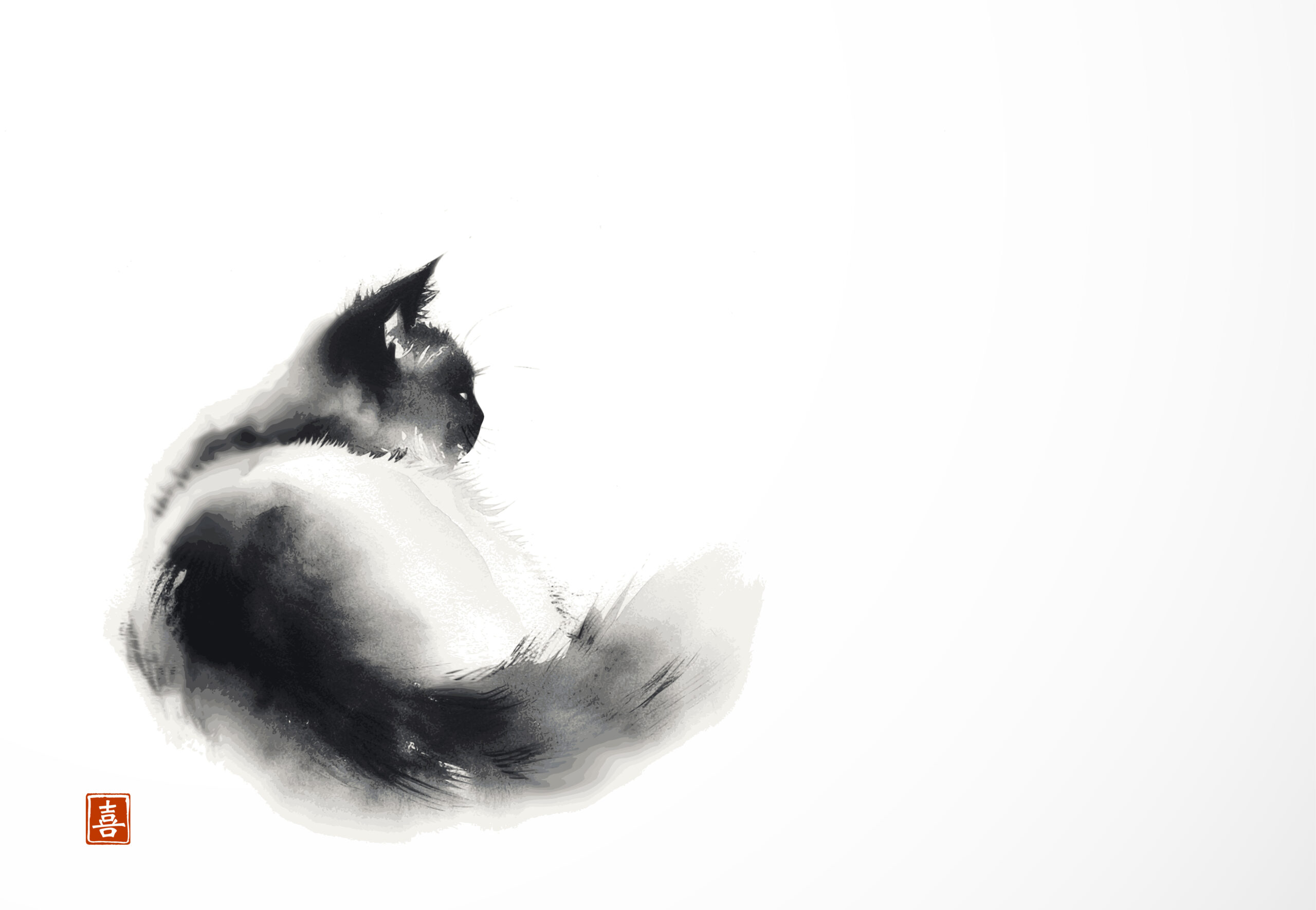The weak overcomes the stronger by the Law of Righteousness. Truly that Law is the Truth (Satya); Therefore, when a man speaks the Truth, they say, ‘He speaks Righteousness’; and if he speaks Righteousness, they say, ‘He speaks the Truth!’ For both are one.
— Brihadaranyaka Upanishad, I.4.xiv
Digital media allows us to create our own brands.
We select snapshots of our lives to maintain an image of ourselves we want others to see, though it is sometimes a simulacrum of who we are. Ordinary people armed only with smartphones can gain millions of followers. Like some supernatural gift that confers new powers, users can abuse these tools and lead us to distort our very identities.
We have become a society of specialization, signaling, and spectacle rather than one of community, craft, and collective sensemaking. Some, disillusioned, want to walk away from these new powers. And it’s no wonder: if we don’t find a way to use modern media to build collective sensemaking, many of us will continue to feel alienated.
Alienation
By alienation, I don’t refer to Marx’s idea of the capitalist separating the worker from the fruits of his work. Modern media alienates us from how we make meaning. Online avatars can remove us from the world and our contextual meaning, which is how we function in our real-world communities. Our online avatars can also sheer off authored meaning, too, which is how we cultivate better selves independently of how others perceive us.
Instead, some people fragment their identities by wearing digital masks. They act in a series of plays. Such involves displaying some pattern of behavior online that she would never exhibit with her loved ones. Some have multiple online identities. One wonders if projecting these multiple identities and embracing certain postmodern mind viruses has created the social contagions currently infecting society.
My Precious
When we hide behind online avatars, we wear something akin to the Ring of Gyges of Plato’s Republic. The ring makes the wearer invisible, which gives him the power to act with relative impunity. In the case of our pseudonymous smartphone selves, we are fondling the ring.
Sometimes, we separate ourselves far enough from our interlocutors to act like vicious jerks, virtue signalers, or both. We find ourselves as entirely different people when among loved ones. To the extent that anyone can apprehend what it means to be true to oneself, the test comes in being true, even when we’re fondling the rin–, er, screen.
Our brains evolved for survival among rocks, animals, trees, and waterways. Yet we spend so much time among elaborate symbol-systems composed of video, audio, images, and text. Just as this affects us as individuals, it can affect our human systems, too.
Life online, therefore, creates a paradox: reality is both scarcer and more abundant. Some features of reality come to us in real-time. Other features become distorted or obscured. We become disconnected from a life filled with neighbors and loved ones. We then lose ourselves in a synthetic, prepackaged information landscape that the media are happy to manipulate. The more we live in that landscape, the more we create a bizarre hall of mirrors for ourselves and each other.
Information and knowledge animate human systems. Good decisions rarely come from bad information. The more bad information is available, the more likely people will use it to make bad decisions. Bad decisions, especially in fragile human systems such as governance hierarchies, hasten our collapse.
Lousy information will continue contaminating the noosphere until we figure out how to incentivize truth-tracking. So it’s not just that we must set up systems that better track the truth (innovation). We must set ourselves up to better track the truth (wisdom).
If we don’t soon make a quantum leap in collective intelligence, the powerful will use us as pawns, and reality will push through all our simulacra like an angry god.
Satya
We might start by developing systems where people get rewarded for tracking truth but feel the acute sting of propagating falsehoods. Voters, for example, are almost always rationally ignorant and rationally irrational, in that their opinions only cost a trip to the polling place. Otherwise, it’s too complicated and costly for a given person to be anything more than a Thomas Thwaite on matters relating to our complex world. Politicians’ promises might appeal to our primate brains. But that just sends the 100th monkey to the voting booth.
The cost of being wrong unfolds over decades.
The second of the Yamas — satya (“restraints” in Sanskrit) — reminds us that we must practice living in integrity, which is to be true to ourselves and others in thought, word, and deed. Until some savvy software developer figures out how to create an app that creates better incentives to track truth, we have to go back to that tried-and-true method known as moral practice.
We have to go inward to satya. But if Eastern practice isn’t your thing, remember:
“To thine own self be true.”







































